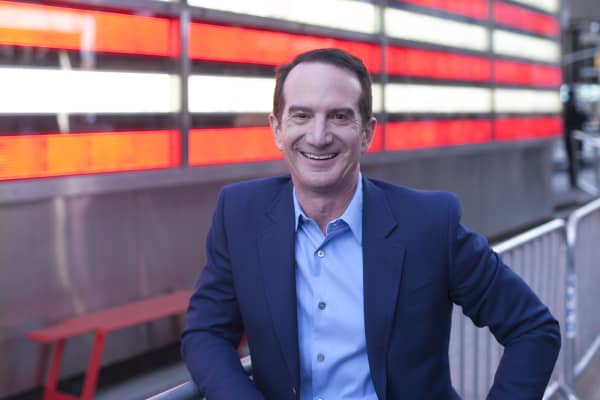Self-made millionaire and personal finance expert David Bach says buying a home is an escalator to wealth. “Young or old, you want to own the place you live in,” he writes in “The Automatic Millionaire.”
Yet more and more Americans are delaying homeownership. After all, it costs more each month to own a home than to rent across all 50 U.S. states.
“The number one reason people put off buying a home is because they think they can’t afford it,” Bach writes. “More often than not, they are wrong.”
Debt-free homeownership is more than possible, he says: “The key to making it all work financially is getting the right kind of mortgage.”
Before you buy, a good rule of thumb is to make sure your total monthly housing payment doesn’t consume more than 30 percent of your take-home pay. Bach also recommends having a down payment of at least 10 percent, though more is always better.
When it comes to getting a mortgage, he recommends a 30-year fixed mortgage for most people: “They are simple. They’re also a great deal when interest rates are low, since they lock in that low rate for the next 30 years.”
That being said, 30-year mortgages often “end up being more profitable for the bank than for you,” he notes. “Say you buy a home for $250,000. If you get a typical 30-year mortgage at five percent, your mortgage payments over the 30 years will wind up totaling about $483,000.
“Think about that. You bought a $250,000 home and it actually cost you $480,00!”
That extra $233,000 you paid in interest went straight to the bank.
The good news is, a simple trick can save you tens of thousands of dollars in interest payments: Switch to a biweekly payment plan.
“Anyone can do this,” write Bach. “What you do is take the normal 30-year mortgage you have, and instead of making the monthly payment the way you normally do, you split it down the middle and pay half every two weeks.
That means, if your mortgage payment is $1,500 a month, you will pay $750 every two weeks. Since you’re making payments every other week, rather than once a month, you’ll end up making one extra payment a year.
Bach explains: “By paying half of your monthly payment every two weeks, over the course of a year you will make 26 half-payments — the equivalent of 13 full payments, or one more payment than there are months in a year.”
Making more payments means paying your mortgage off sooner, which means paying less in interest. “It depends on your interest rate, but on average a U.S. homeowner can save upwards of $50,000 over the life of his or her mortgage just by following this simple program,” says Bach.
To see just how much you can save by using a biweekly plan, plug in your own numbers on Bankrate’s mortgage payment calculator.
Ready to switch payment plans? Call your lender and ask. You may have to pay a one-time set-up fee, but “most major national banks now offer this service for free,” notes Bach.
Just be sure to ask your lender exactly what they’re going to do with the extra payments when they receive them.
“Some companies hang on to the extra money you’re putting toward your mortgage and actually send it to your mortgage holder in a lump sum once a year or at the end of the month,” says Bach. “That’s not what you want. You want a company that makes extra payments to your mortgage as soon as possible. This way your extra payments are paying down your mortgage faster.”


I want to be free. I want to have a strong financial foundation for my future. I want to help others too. I hope I can learn and apply the knowledge from your book.